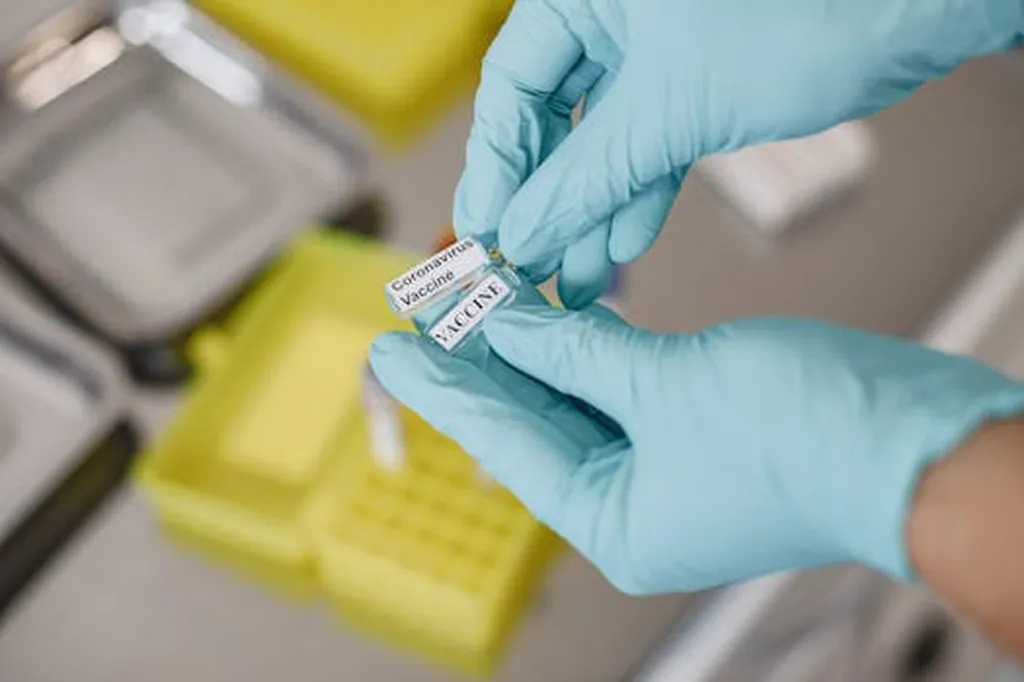In a significant stride towards sustainable agriculture, researchers have developed a novel nanopesticide delivery system that promises to enhance pest control while reducing pesticide use. The study, led by Xingye Li from the Institute of Environment and Sustainable Development in Agriculture at the Chinese Academy of Agricultural Sciences, introduces a unimolecule-nanopesticide delivery system that leverages the unique properties of nanoparticles to improve the efficacy of traditional pesticides.
The research, published in Nature Communications (translated to “Nature Communications” in English), addresses a longstanding challenge in the field: achieving unimolecular formulations in water-based processes. Traditional nanopesticides often struggle with uniformity and stability, but this new system overcomes these hurdles by using ionic liquids to create nanopesticides with an average diameter of just 3 nanometers.
“Our unimolecule-nanopesticide system significantly enhances cellular uptake, insect-dermis translocation, and leaf-cuticle penetration of pesticides,” Li explained. This enhanced penetration is crucial for effective pest control, as it allows the pesticides to reach their targets more efficiently, thereby reducing the overall amount of pesticide needed.
The study demonstrates the system’s effectiveness against multiple pests in field trials, showcasing its potential for real-world applications. Importantly, the system uses industry-grade raw materials that are Generally Recognized as Safe (GRAS) by the US Food and Drug Administration, ensuring its safety and feasibility for widespread use.
The implications of this research are far-reaching. By improving the efficiency of pesticide delivery, the unimolecule-nanopesticide system could revolutionize agricultural practices, leading to more sustainable and environmentally friendly farming methods. This could have a profound impact on the energy sector as well, as reduced pesticide use can lower the environmental footprint of agricultural activities, contributing to cleaner energy and more sustainable resource management.
“This is a game-changer for the agricultural industry,” Li stated. “Our system provides a water-based, facile-manufactured platform for converting conventional pesticides into highly efficient nanopesticides, paving the way for high-efficiency field-scale plant protection.”
As the world grapples with the challenges of climate change and environmental degradation, innovations like the unimolecule-nanopesticide system offer a glimmer of hope. By enhancing the efficacy of pest control while minimizing environmental impact, this technology could play a crucial role in shaping the future of sustainable agriculture and energy management.
The research not only highlights the potential of nanotechnology in agriculture but also underscores the importance of interdisciplinary collaboration in addressing global challenges. As we move forward, the integration of advanced technologies like this nanopesticide system will be essential in creating a more sustainable and resilient future for all.

